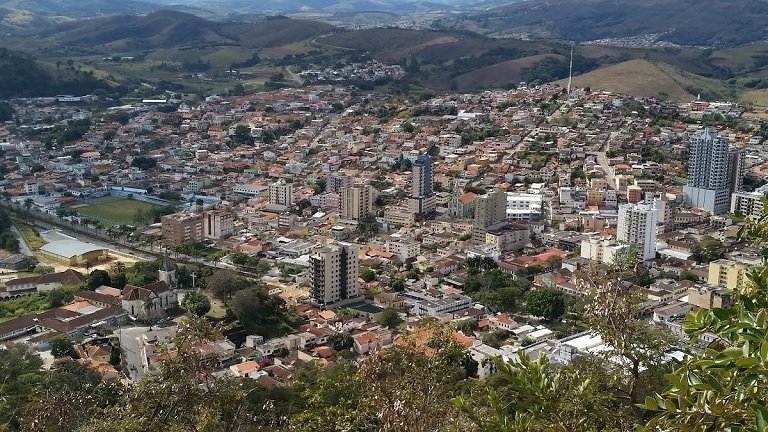

The councilor granted an interview to journalist Luiz Carlos Prestes Filho for his series of articles that he publishes daily on the Tribuna da Imprensa Livre website on the legalization of gaming in Brazil:
Luiz Carlos Prestes Filho: What is Caxambu's institutional view of the referrals that can regulate private games in Brazil?
Vinicius Hemetério: As a Caxambuense citizen and a member of the Municipal Legislature, I am a reelected councilor, I affirm that I welcome the regulation of gaming administered by the private sector in Brazil. It will be a unique opportunity to improve tax collection, generate income and jobs for highly qualified professionals: administrators, managers, accountants, economists, and human resources specialists. Of course, for musicians, conductors, composers, theater artists and dance professionals.
At the time of the crisis, created by COVID-19, would the regulation open opportunities for the Tourism sector?
The Tourism sector was directly affected by the pandemic. I am an eyewitness, as I live in a tourist city and I witnessed the exorbitant drop in the movement. The entire productive chain involved with tourism in our city will benefit if the so desired regulation happens. The hotel sector, travel companies, road, air, and sea transport companies. I believe it is an important incentive for the reactivation of railway lines in certain locations, an example that served the Water Circuit of Minas Gerais.

The Gaming Economy Productive Chain holds major gaming business fairs. Would the Municipal Government of Caxambu intend to attract these national and international events?
I cannot answer for our municipal executive power, but I believe that given the regulation of the gaming sector, the city of Caxambu could attract national and international fairs. We have a historical tradition, all of Brazil is curious to know how our casinos were in the past.
We are the only country in Latin America that does not have regulated gaming.
Regulation has passed the time. We are at the end of the queue in Latin America because we have not “regulated” gaming in Brazil yet, it is an extremely important and necessary demand. We have to try to understand why we spent 75 years banning casinos and bingos, baccarat tables and roulettes.
What is the best model for the return of gaming in Caxambu?
We have a wide hotel chain, which is prepared to receive national and foreign tourists with excellence. With this, urban casinos and bingos in my understanding are the best option for Caxambu.
Which cities in the State of Minas Gerais have the most potential for the casino / bingo / tourism business?
I am local and “bet my chips” in Caxambu and in the other cities that already had casinos and have this vocation in the DNA, they are: Poços de Caldas, Araxá, São Lourenço and Lambari. In fact, Caxambu has the honor of having the first hotel-cassino in Brazil, the Hotel Palace. And of course, the bigger cities like our capital Belo Horizonte, Juiz de Fora, Uberlândia, Contagem, etc…
The democratic regime favors the regulation of gaming today.
With a Public Private Partnership (PPP) we can manage and supervise the activities of this tourist infrastructure. I understand that the public monopoly in the area of gaming cannot continue. The partnership between public and private entities can best tell how to conduct each modality. As in a two-way street, the collection funds could be used in the “training of specialized labor”, mainly inserting young people in the labor market.
Source: Luiz Carlos Prestes Filho - Tribuna da Imprensa Livre